Déjà Vu: Samsung shipping Galaxy S7 units with different camera sensors
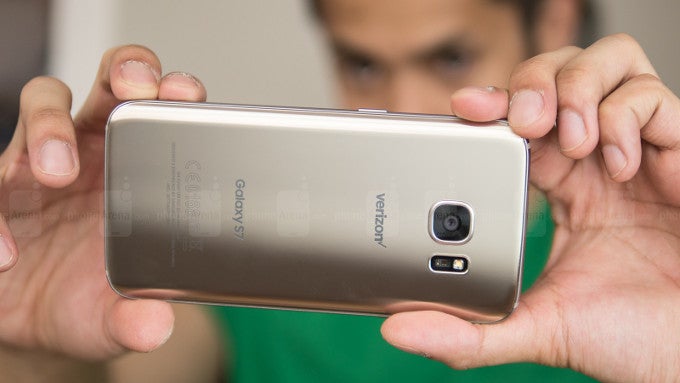
This is not the first time we've seen such switch-ups. The same happened with the Galaxy S6 / S6 edge, as well as the Note 5 and Galaxy S6 edge+. Unfortunately, there is no way to tell which sensor a handset has when buying it, unless the store specifically allows you to run AIDA64 on it. Generally, it is believed that the US versions of the smartphones will get the Snapdragon 820 SoC and the Sony IMX260 camera sensor, while the rest of the world will get the Exynos processor and
Samsung often switches between Sony sensors and ISOCELL sensors between production batches
Samsung's ISOCELL sensor. However, some conflicting reports suggest that the camera sensors are not region-specific. In fact, we have two Exynos models on hand, which are both equipped with a Sony IMX260, so it's probably more about production batches and readily available sensors than specific models.So, is this a big deal? Well, yes and no. Samsung's ISOCELL may be just as good of a sensor as the IMX260. And we can't really call false advertising, as all Samsung has officially said about the cameras is their specs, such as resolution, pixel, sensor, and aperture size, all followed by some superlatives. The difference between both sensors may even be negligible or non-existent for all we know at this stage.
But until this is proven to be so, some customers will definitely feel a bit wary. Is that $650 smartphone going to take the exact same pictures as all the others? If not – is that a bit of a rip-off? It's worth noting that iPhone 6s buyers were faced with the same dilemma, when it became known that some iPhone 6s units come with a Samsung-made A9 processor, while others had a TSMC one instead. These have small differences in construction, performance, and battery life, and while they are not vastly different, informed buyers often prefer to have the TSMC chip inside their brand-new iPhone 6s.


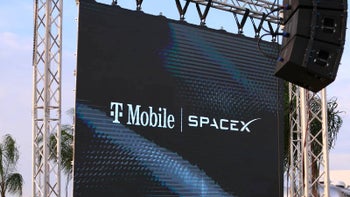
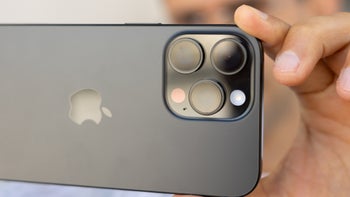
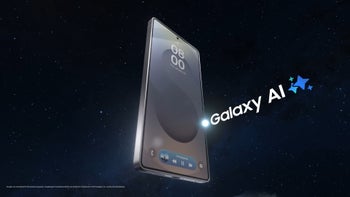
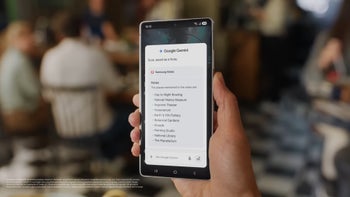
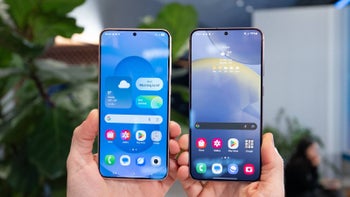
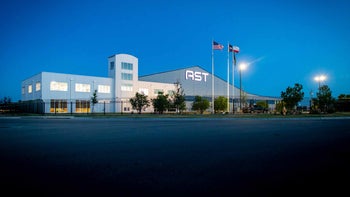
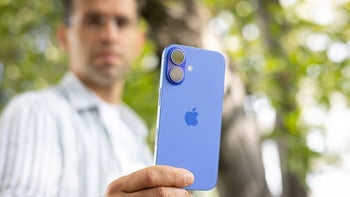
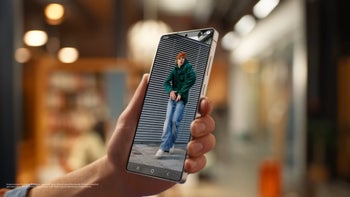
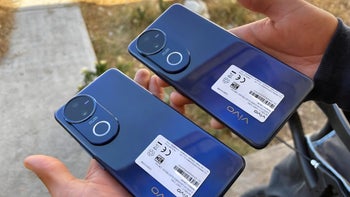
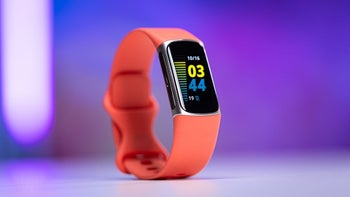
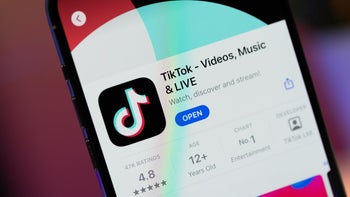

Things that are NOT allowed: